Carly is a Research Study Assistant in the UW READi Lab, working on the RISE and Sprout studies. Born and raised in Merced, California, she completed her Bachelor of Arts in Psychology from the University of California, Santa Barbara. Prior to joining the lab, Carly worked as a Certified Behavior Technician providing Applied Behavior Analysis (ABA) services for children diagnosed with ASD. Carly loves to read, travel, and find new favorite food spots in Seattle. She aspires to pursue a Ph.D. in clinical psychology in the future.
Clara Herrera, BA, Research Study Assistant
Clara is a Research Study Assistant at the UW READi Lab working on the RISE and Sprout studies. Born in Dallas, Texas and raised in Kent, Washington, she received her bachelor’s degree in Psychology at the University of Washington. Prior to joining the lab, Clara was a student intern at the Seattle Children’s Autism Center and worked as a Certified Behavior Technician providing Applied Behavior Analysis (ABA) services for children diagnosed with ASD. In her spare time, Clara enjoys taking dance classes, reading, and trying out new food spots around Seattle. She is excited to be a part of the UW READi Lab team and aspires to pursue a PhD in clinical child psychology in the future.
Congratulations, Sabine!
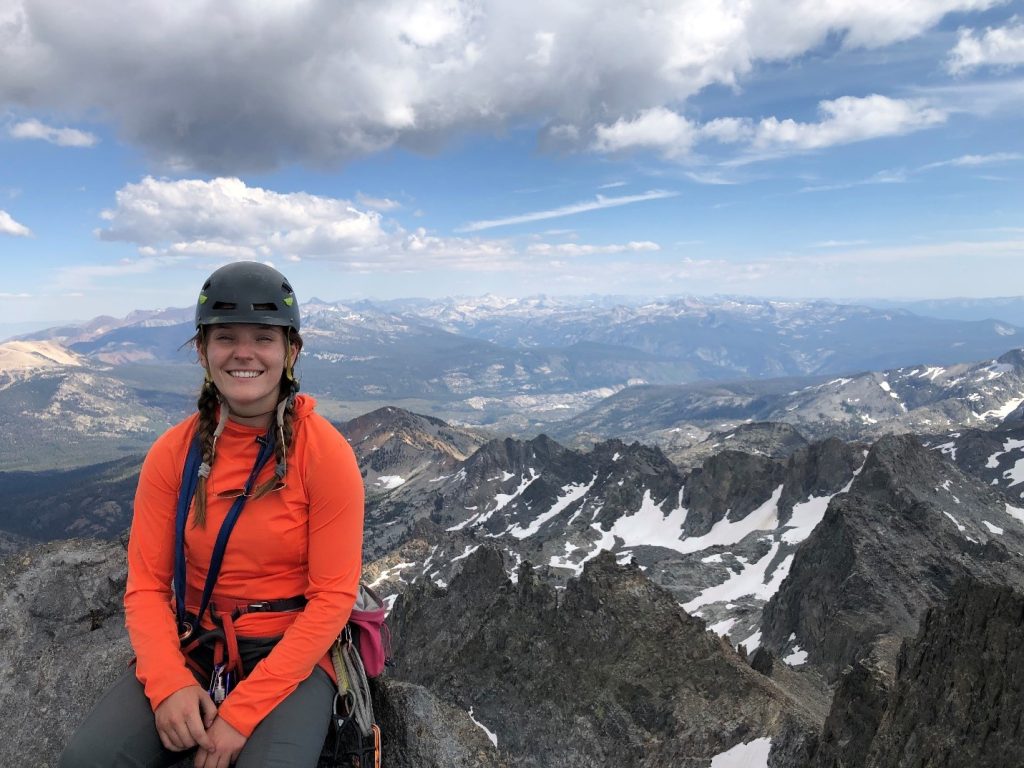
After nearly three years gaining valuable research experience in the READiLab, Sabine Scott is headed to the University of Oregon School Psychology program where she will pursue a doctoral degree in School Psychology. Sabine plans to become a licensed clinician after finishing the program and we have no doubt she’ll be excellent in that role. Sabine has been a kind, compassionate and competent member of our team who will be missed by all of us in the lab!
We wish you the best, Sabine! We have no doubt you will reach the pinnacle of your dreams!
Wishing You a Festive Holiday Season and a Bright New Year!
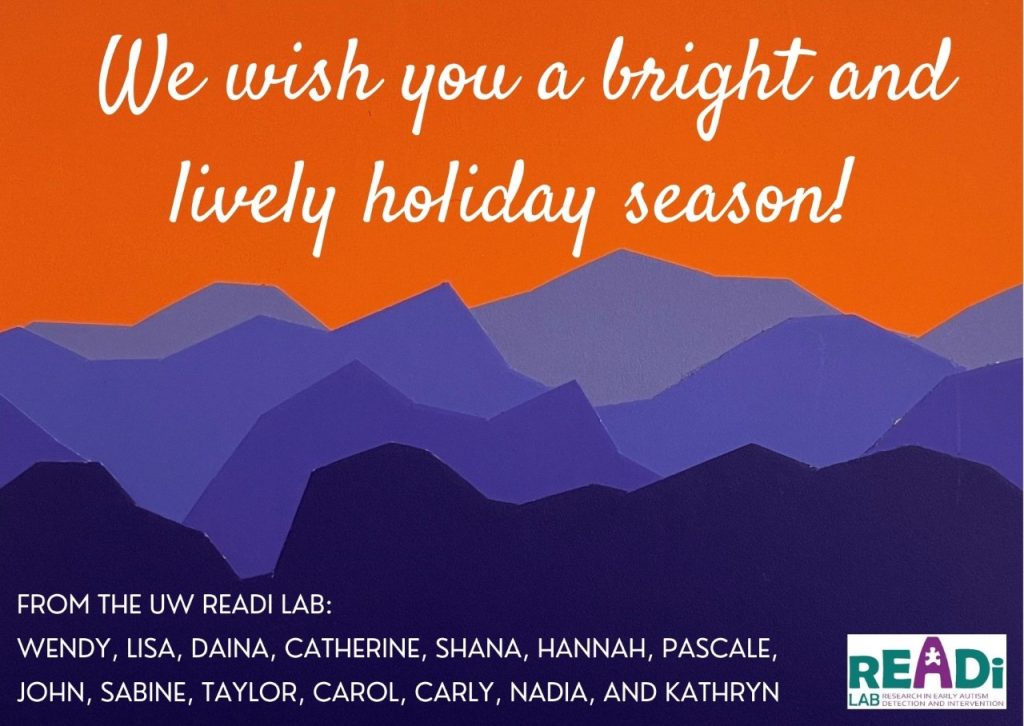
Meet Carly, Our Newest Team Member!
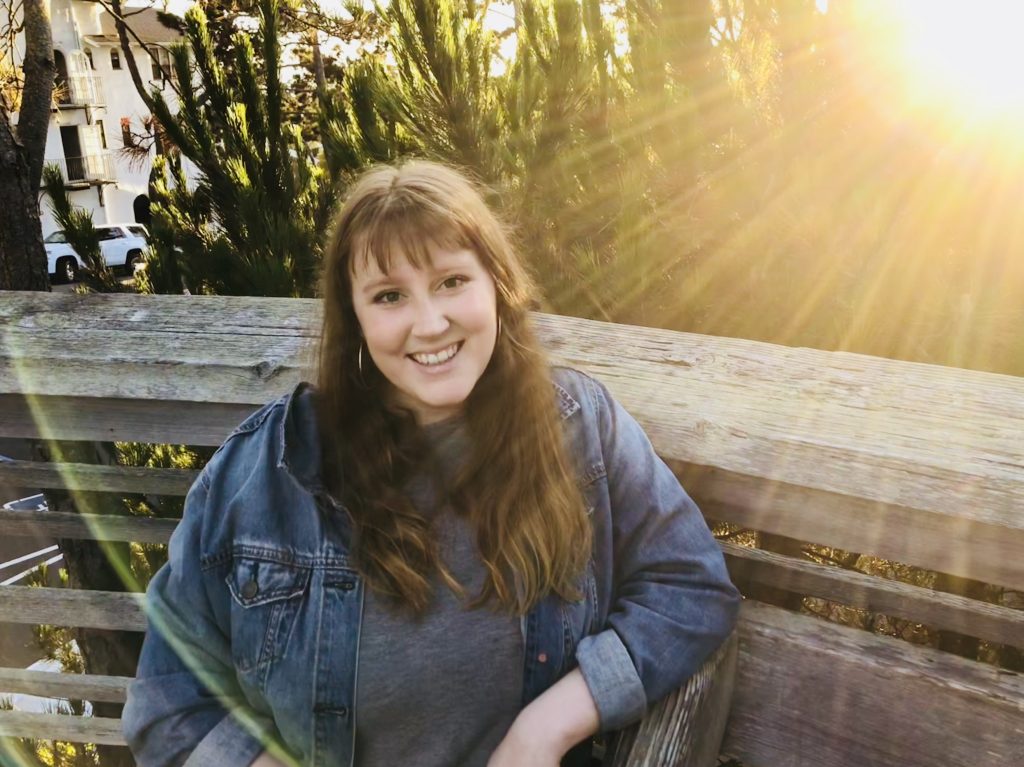
Meet Carly, a former behavioral technician, and an aspiring clinical psychologist. She joined our READi lab team just before the holidays, and we’re so excited to have her! Learn a bit about her below.
You’re new to the team! What are your motivations for joining the READi lab?
I have known that I’ve wanted to pursue a graduate degree in clinical psychology since my third year in undergrad, but I knew that I needed more research experience before jumping into school again. After working as a behavioral technician with children with autism for the last few years, I knew that I wanted to continue doing so. The READi lab is doing some amazing work, and getting to be a part of a team as great as this and learning from some incredible researchers made it the perfect place for me!
Will you tell us a bit about your favorite experiences as a behavioral technician?
Working as a behavioral technician was overall an incredible experience, but the best part was watching the kids learn and grow in real-time! I was able to teach skills that the kids will use for the rest of their lives, which felt impactful and made the job that much more fulfilling. Working directly with kids made for lots of laughs which kept everyday fun and exciting!
Do you have any pets?
Yes! I have two cats who I adopted through a cat cafe when I was living in Santa Barbara. They are sisters named Ygritte and Yara and they definitely have loved moving up here!
Did you pick up any new hobbies during the COVID quarantine?
I didn’t pick up anything new, but I did rediscover my love for reading and have acquired quite the library over the past year or so!
Share with us two truths and a lie!
I’ve never broken a bone
I was the first person in my family to graduate with a college degree
I spilled soup on Rob Lowe
(It wasn’t soup, it was salsa!)
READi Lab Research Highlights 2021
Please see our 2021 research highlights below! We’re available for questions or feedback at readilab@uw.edu.



Sensory Sensitive Santas 2021: Holiday Fun In & Around Seattle

Visiting with Santa is a common holiday tradition for many families, but some children may be wary of the larger crowds and accompanying noises. And that’s excluding the new constraints that many families are facing because of the COVID-19 pandemic.
Sensitive Santas are those who are trained to accommodate children with sensory needs and whose workshops are a bit more soothing. Jessica Plesko with Parent Map Magazine recently published a list of all the Sensitive Santas around Seattle, the Eastside, and the South Sound.
There are options for adults with disabilities, as well as for scheduling virtual and at-home visits with Santa, too!
Autism Prevalence Increases Per CDC, Spectrum News

Earlier this month, the CDC published current autism prevalence numbers in the United States. As of 2018, one child in 44 was diagnosed with autism. This number has increased from one in 54 children in 2016.
Many people are curious about why these numbers are increasing. Peter Hess and Angie Voyles Askham with Spectrum News break down the reasons for these increases. Autistic people have always existed, but experts agree that we’re becoming better at identifying autism.
Read the summary on Spectrum’s website by following this link.

Published by Spectrum, the leading site for autism research news.
‘A Grandparent’s Guide to Autism’ from Autism Speaks

Grandparents are significant role models and playmates for their young grandchildren. It is common for a grandparent to be unsure of how to support and connect with their grandchild after a new autism diagnosis.
Autism Speaks published ‘A Grandparent’s Guide to Autism’ that includes information about autism, tips on how to support autistic grandchildren and their parents, and long-distance grandparenting.
This free toolkit is available for download on the Autism Speaks’ website.
Happy Thanksgiving from the UW READi Lab!
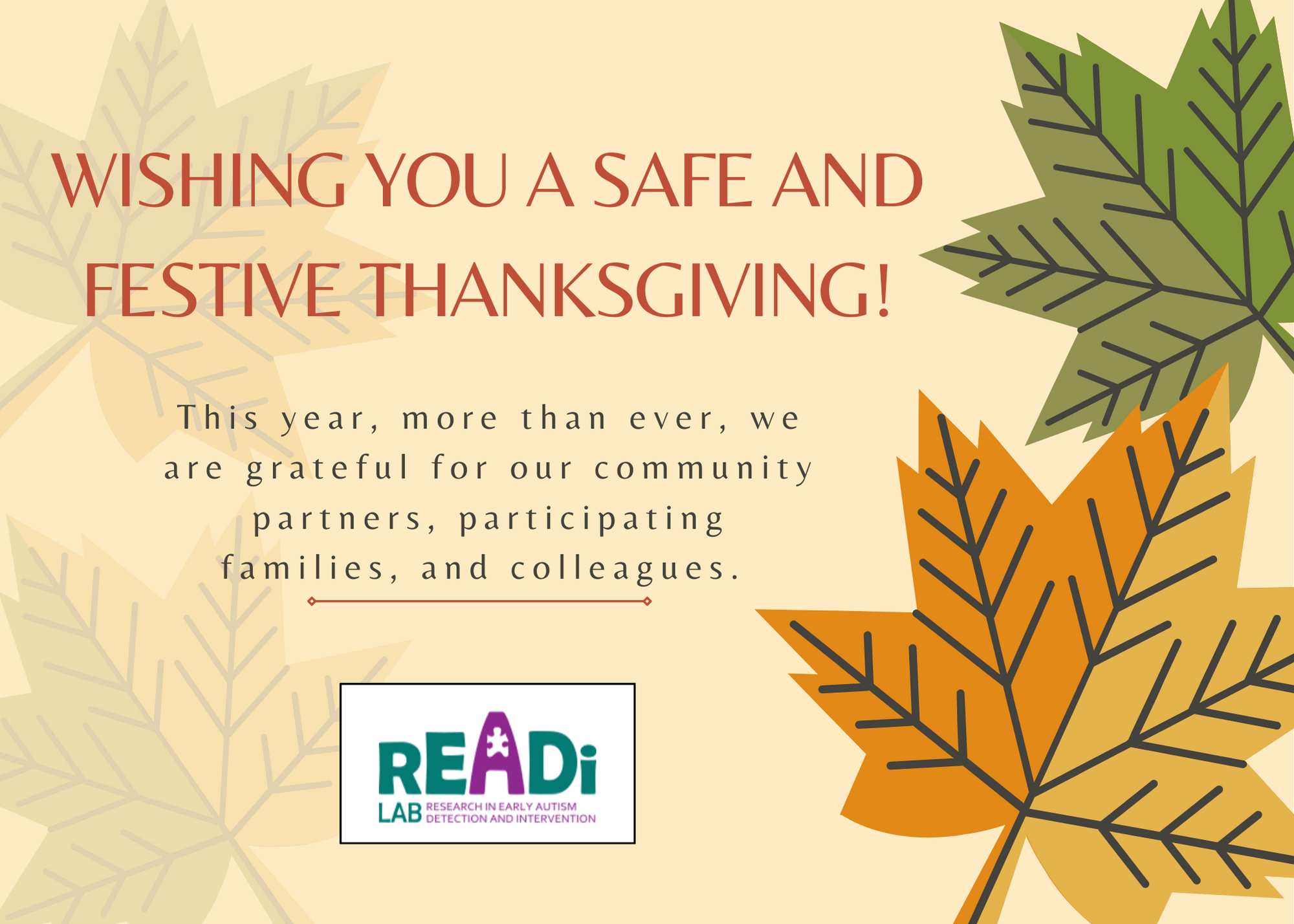
Rethinking Autism Assessments during COVID Q&A with Spectrum News

A recent commentary entitled, “Rethinking autism spectrum disorder assessment for children during COVID-19 and beyond” was published in the journal Autism Research in September 2021. Drs. Wendy Stone and Lisa Ibanez are two of the co-authors of this opinion piece. The article described the challenges imposed on autism families and clinicians by the COVID-19 pandemic and by documented health disparities. The budding role of telehealth in autism assessments to mitigate these challenges is also discussed.
Spectrum News recently published a Q & A with two of the authors of the article, Drs. Lonnie Zwaigenbaum and Somer Bishop that you can read here: Q & A on Spectrum. Look for the shout-out to our very own Dr. Ibanez, who emphasizes that the COVID-19 pandemic offers a good starting point for hitting the “re-set” button for rethinking the goals of autism assessments and providing equitable access.

Published by Spectrum, the leading site for autism research news.
Happy Halloween, Boys and Ghouls!
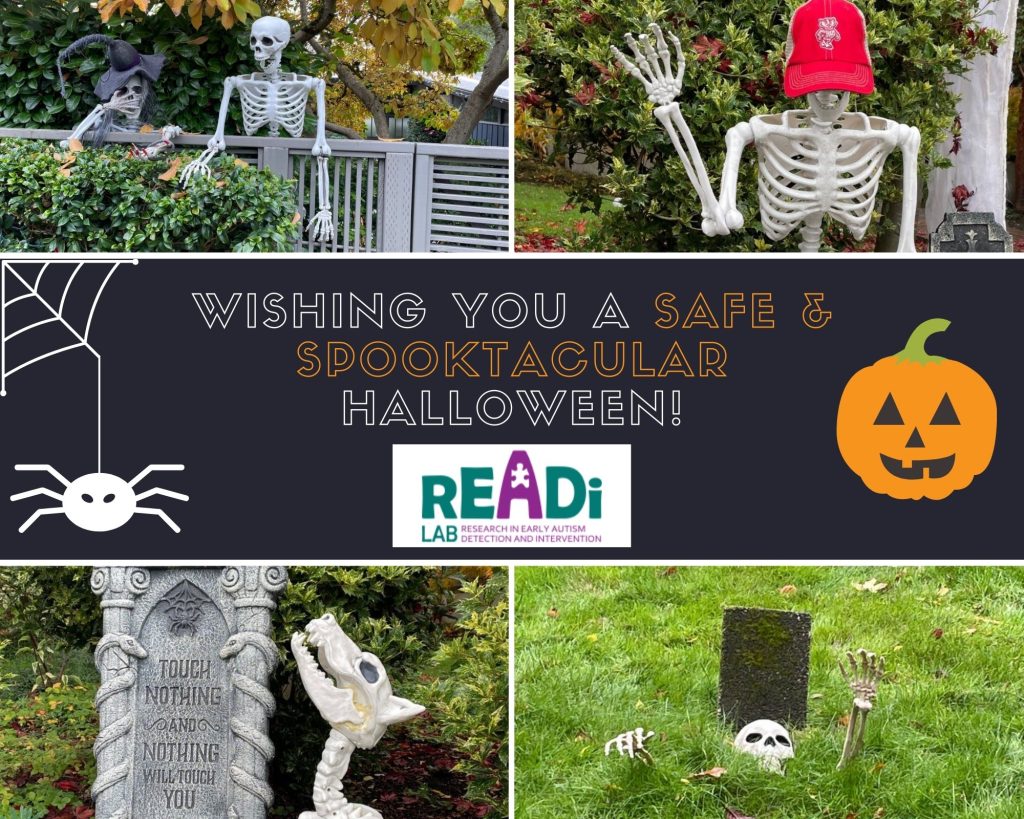
‘Sleepless on the Spectrum’ Video from Spectrum News

Many children with autism struggle to get a restful night’s sleep. Why is sleeplessness so prevalent in autistic children?
In their special report animation titled ‘Sleepless on the Spectrum’, Emma Bryce and Lottie Kingslake with Spectrum News break down the internal factors and environmental reasons why autistic people may struggle to fall asleep and to stay asleep, as well as share a few tips and tricks to help autistic loved ones get the rest they need.
Access this video and other featured reports at this link!

Published by Spectrum, the leading site for autism research news.
‘Different: A Great Thing to Be!’ Children’s Audiobook

‘Different: A Great Thing to Be!’ introduces us to Macy, a kind and relatable girl who celebrates what makes her unique. Written by Heather Avis and narrated by Lily Moore, Macy’s story is available for free download as an audiobook through Audible’s Premium Plus trial.
Follow this link to read the story summary and learn more about the Audible trial.
This children’s book is New York Times Bestseller and physical books are available for purchase through most bookstores as well.
“Understanding Autism: Reflections & Insights” Videos and DVD

Today’s Flashback Friday revisits the “Understanding Autism: Reflection & Insights from Parents and Professionals” video created by our READi lab team, in collaboration with Seattle Children’s Autism Center and Gigantic Planet.
These videos were developed for caregivers of children newly diagnosed with autism. They comprise five ‘chapters’ that feature parents who describe their experiences and offer helpful tips and strategies. Topics cover a variety of areas, including the diagnostic process, how to care for and your family, getting help for your child, and more. The videos can be accessed on our website here, and free copies of the DVD are also available.
El DVD viene con subtítulos en español y tenemos copias gratis para distribuirle al público.
Meet Daina, READi Lab Postdoctoral Researcher & Possible Magician
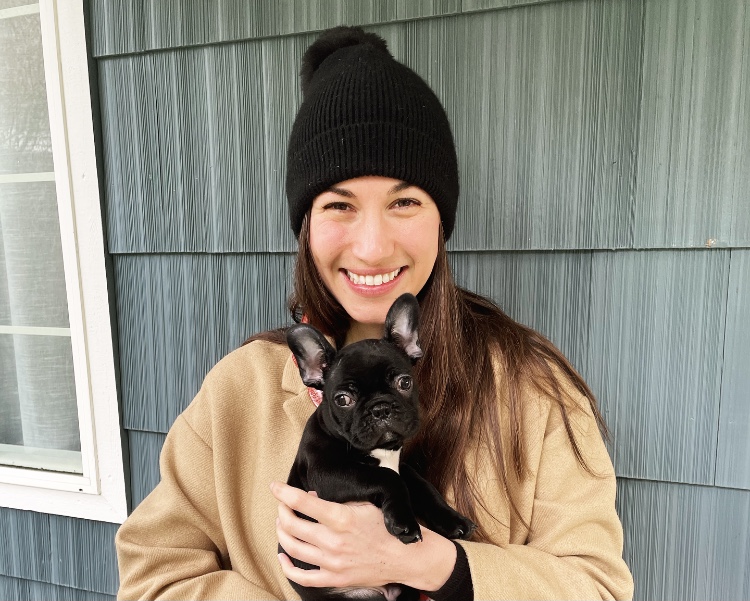
Meet Daina, a child clinical psychologist, and READi Lab’s newest postdoctoral researcher. She recently joined the team and has already contributed immensely to our new RISE study! Learn a bit about her and how she integrates theory with evidence-based practices below.
Questions:
So, you’re a postdoctoral researcher. What exactly does that mean?
Being a postdoctoral researcher means that I have completed my doctoral degree and pre-doctoral internship in clinical psychology, but that I want more experience working with accomplished researchers and building up my own independent research before officially going on the job market and trying to become a professor!
What are the real-world applications of your research?
My research focuses on the development, adaptation, dissemination, and implementation of assessments and interventions for young children with autism. I am also interested in novel ways to assess change through intervention and utilizing family-centered assessment and treatment protocols. This work helps make evidence-based interventions and assessments available in real-world settings such as community clinics and schools and helps ensure services are in line with patient goals and priorities to improve their overall quality of life.
You’re also a budding child clinical psychologist. What is the best part of your clinical work?
I love being able to take what I learn in my clinical work and apply it to my research and vice versa. For example, on my internship, I was trained in a parent-training intervention to help manage behavioral problems in children with autism. Through talking to parents and clients, our clinic very quickly realized that the intervention would also be incredibly helpful to parents of adults with autism, so we developed a research project to adapt and test the intervention for a completely new population – adults. One day we hope to be able to formalize this intervention for adults and encourage providers across the country to utilize it!
There’s a rumor that you own a small… wizard? What’s that about?
I have a 10-month old French Bulldog/Wizard named Merlin! He is magical 🙂 (see picture).
Did you pick up any new hobbies during the COVID quarantine?
I was definitely a part of the sourdough breadmaking trend. I also started making my own kombucha!
Share with us two truths and a lie. (Scroll down to see Daina’s fib!)
I can do a backflip.
I won a competition to start my own business.
I started drinking coffee when I was 6.
(The lie is the second one. I was a finalist, but I didn’t win).
Play Life-Sized Chutes-and-Ladders Game with Parent Map
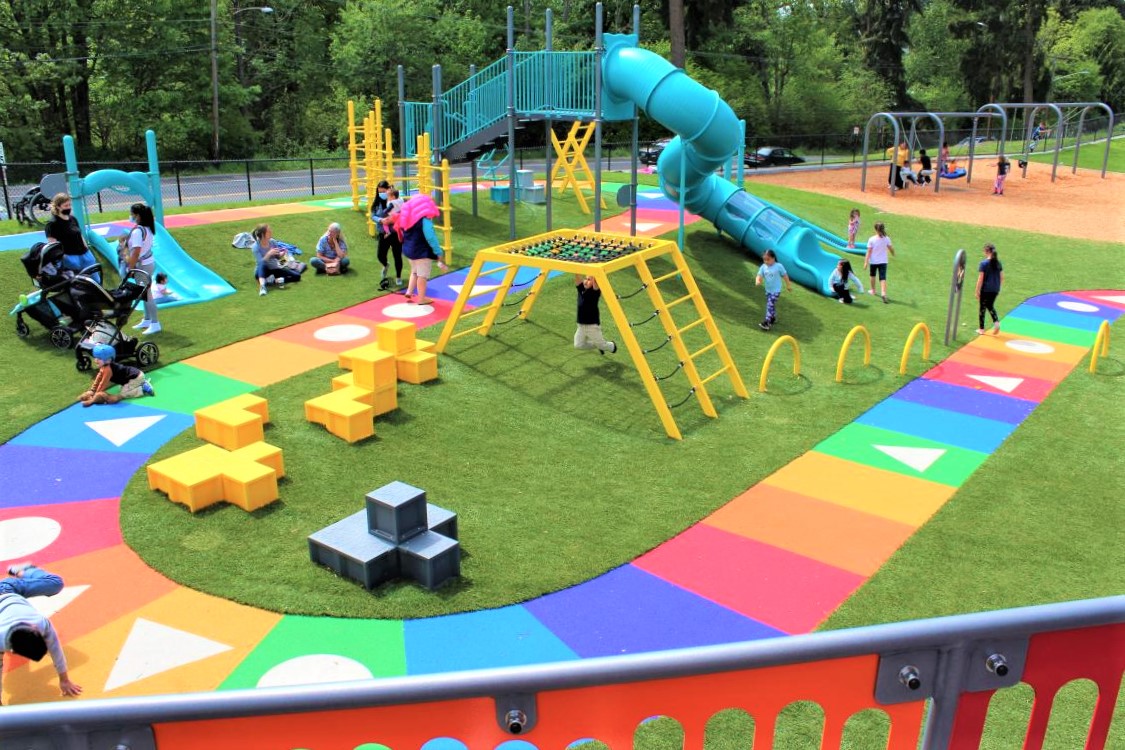
With summer 2021 rapidly coming to an end, a bucket list item for families may be the Chutes-and-Ladders style game at New West Fenwick Park in Kent, WA. This is a life-sized game, meaning that you and your family act as the game pieces, and the playground itself is the game board! This game is ADA-accessible.
Devon Hammer with Parent Map magazine recently shared the game’s instructions as well as other fun equipment and activities at the park! Interested in playing? Follow this link.
photo credit: Devon Hammer
New from Autism Speaks: ‘Guide to Individualized Education Programs (IEP)’
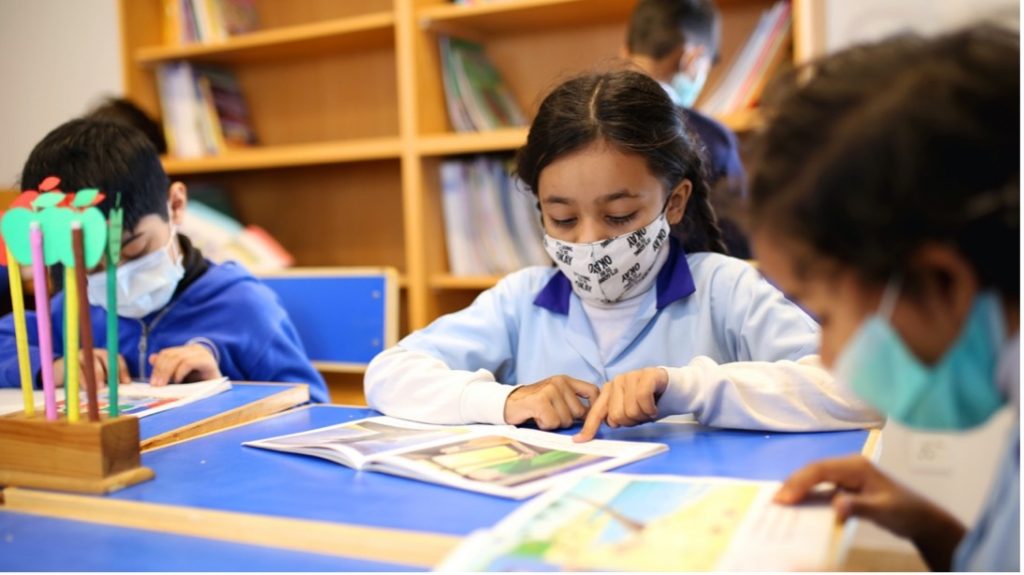
New for Fall 2021, Autism Speaks recently published an updated ‘Guide to Individualized Education Programs (IEPs).’ This guide is free, interactive, and mobile-friendly. The information is current and offers a wide variety of content across six modules. Helpful videos cover the basics of IEPs, how to advocate for your child, and more! This guide can be downloaded on Autism Speaks’ website.
It’s Not Goodbye, Alaina, It’s See You Later

Our READi Lab team could not be prouder of Alaina, a UW undergrad who graduated with a degree in Psychology in June 2021. She joined our lab in 2019, and since then she has helped prepare ImPACT and Pathways study visits, coded behavioral assessments, and provided sibling care for the families who visit our lab. We know she’s going to accomplish incredible things, starting with her new role as a Behavior Tech at A.P.P.L.E. Consulting.
Alaina always came into the lab with a positive attitude and a smile on her face that never failed to lift our spirits. Her willingness to learn new things helped the READi Lab tremendously, especially when we were working from home, and we will miss her dearly! We wish you the best in your new adventures, Alaina!
Our READi Lab Research Team is Going Virtual & We Need Your Help!
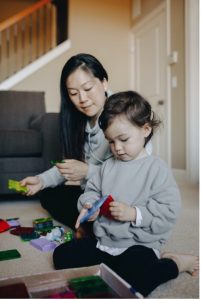
Our READi lab research team is working hard to move autism research forward while ensuring the safety of our participants and staff. So, the play-based assessments for our latest projects are going virtual! We are looking for families who would be willing to provide feedback on our new research assessments and have a toddler (16 to 40 months old) for whom there are concerns about social communication and/or autism.
Our new assessments comprise several play-based activities designed to observe specific behaviors, such as playing with toys and getting your attention. The assessments will be conducted by you, in your own home. We will drop off toys and study equipment at your home, and coach you through the activities using Zoom. The full set of activities usually takes around 1½ hours but does not have to be completed all at once. We can pay you $150 to compensate you for your time.
If you are interested in helping us, please click this link to fill out a short form with your contact information. If you have any questions, please feel free to contact our team at (206) 221-3595 or readilab@uw.edu
- 1
- 2
- 3
- 4
- Next Page »